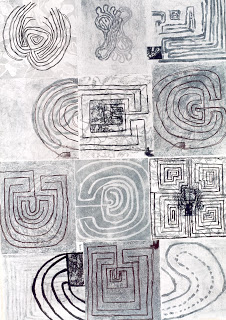Sobre -<i>landia</i>: Origen, significado y comportamiento morfológico
Abstract
Resumen. En este trabajo se analiza el origen del formante -landia, el significado que aporta a las nuevas creaciones léxicas que se construyen mediante él y su comportamiento morfológico. Para ello se ha partido de un corpus de ejemplos extraído de la prensa escrita de España en los últimos diez años. Palabras clave: neología, -landia, formación de palabras, morfología. Abstract. In this work, we analyze the origin of the Spanish formant -landia, the meaning it carries, and its morphological behavior. Our corpus comprises examples collected from the Spanish press over the last ten years, and our study aims at contributing to the understanding of the dimension of this element in the lexical creation in Spanish. Keywords: neology, -landia, word formation, morphology. Resumo. No presente trabalho é analisada a origem do formante -landia, o significado que traz para as novas criações lexicais construídas com ele e o seu comportamento morfológico. Para isso partimos de um corpus de exemplos retirados da imprensa espanhola ao longo dos últimos dez anos. Palavras-chave: neologia, -landia, formação de palavras, morfologia.Downloads
Download data is not yet available.
Published
2012-12-26
How to Cite
Méndez Santos, M. del C. (2012). Sobre -<i>landia</i>: Origen, significado y comportamiento morfológico. Signo & Seña, (22), 281-289. https://doi.org/10.34096/sys.n22.3059
Issue
Section
Notes
- Authors keep the copyright and give the journal the right of the first publication, with the work registered with the Creative Commons Attribution-ShareAlike 4.0 International License, which allows third parties to use what is published whenever they mention the authorship of the work and the first publication in this magazine.
- Authors can make other independent and additional contractual agreements for the non-exclusive distribution of the article published in this journal (eg, include it in an institutional repository or publish it in a book) as long as they clearly indicate that the work It was published for the first time in this magazine.
- Authors are allowed and recommended to publish their work on the Internet (for example on institutional or personal pages).

















